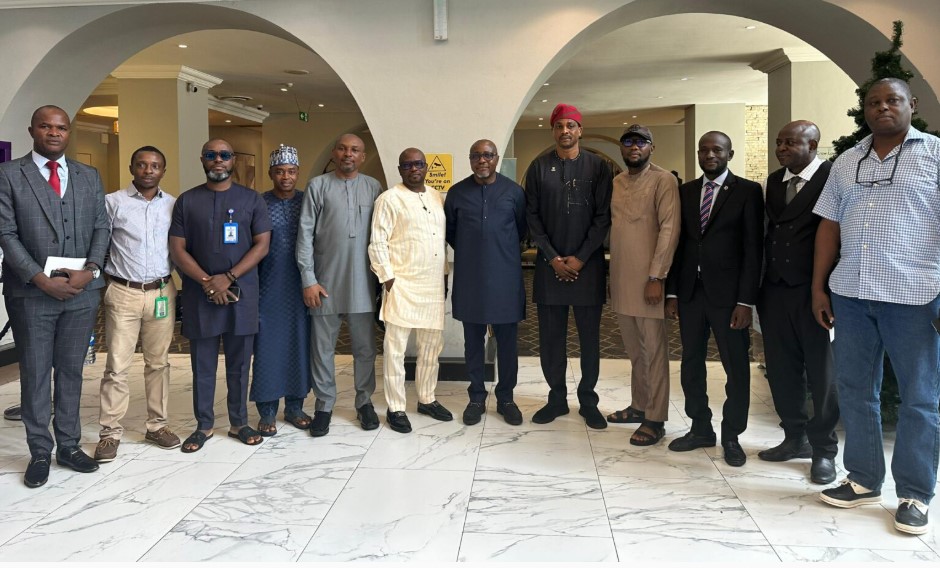Nigeria’s Central Gaming Bill 2025 has been compared to the now-nullified National Lottery Act. This is despite the Supreme Court rejecting the regulation.
The Federation of State Gaming Regulators of Nigeria (FSGRN) has knocked back another bid by the National Assembly to pass the Central Gaming Bill 2025.
The bill, which has sought to establish a national regulatory framework for all online and remote gaming in the country, has already cleared its third reading.
This is not the first time the body has had a bill like this invalidated by the Court. Thus, it has been deemed ‘ultra vires’, meaning beyond one’s legal power or authority. The move aimed to repeal a law that has already been nullified.
“The proposed Central Gaming Bill 2025 is nothing more than a repackaged version of the now- nullified National Lottery Act 2005. Both acts seek to establish federal control over the same subject matter, games of chance through licensing, regulation and enforcement by a federal commission,” a statement from the FSGRN read.
The FSGRN is a constitutional authority made up of twenty-four state governments in Nigeria, to regulate gaming.
The Supreme Court ruled against the country’s previous national gambling legislation, the National Lottery Act. It invalidated the act’s claim to regulate gaming and lotteries across Nigeria.
It instead determined that state legislative assemblies should regulate lottery and games of chance instead of the federal government of Nigeria.
In December the FSGRN welcomed the Supreme Court’s decision.
What is covered in the Central Gaming Bill?
The Central Gaming Bill seeks to establish a national regulatory framework for all online and remote gaming activities including provisions for conducting gambling in the Federal Capital Territory (FCT), and generating igaming revenue both nationwide and across state borders.
Key components of the bill include a regulatory framework for controlling all igaming activities, including retail, lotteries and online. It also calls for a National Gaming Commission which would retain licensing powers.
A key argument advanced by proponents of the Central Gaming Bill is that the gaming industry has moved online and therefore requires a centralised regulatory framework.
Bill already faced major backlash
In a country with a written constitution where the rule of law prevails, legislative actions that ignore explicit rulings of the Supreme Court are unlawful and risk undermining constitutional principles.
With that, a number of notable agencies clearly opposed to it have argued that this should have been taken into consideration before the bill’s reintroduction.
“We are confident that the leadership of the current National Assembly is very much aware of their statutory obligation to uphold the provisions of the Constitution of the Federal Republic of Nigeria, 1999,” chartered tax professional, Chief Dr Francis Ubani told The Nigerian Post.
“We therefore, urge and implore the National Assembly, through the House of Representatives, not to go ahead with passing into law the Central Gaming Bill 2025, as doing so would be in total contravention of the 1999 constitution, and would be void and of no effect whatsoever. Finally, do not reintroduce the nullified National Lottery Act, through the back door, by change of nomenclature.”
Despite these setbacks and delays to formal regulation, key operators in the country such as Bet9ja, 1xbet, BetKing, NairaBet and Betway have experienced significant growth in Nigeria.
This is thanks to increased mobile accessibility and fintech advancements. Nigeria’s iGaming sector is predicted to grow by at least 16% and reach approximately $500 million in revenue by the end of 2025.
More Information & Source
Original Source:
Visit Original Website
Read Full News:
Click Here to Read More
Have questions or feedback?
Contact Us


